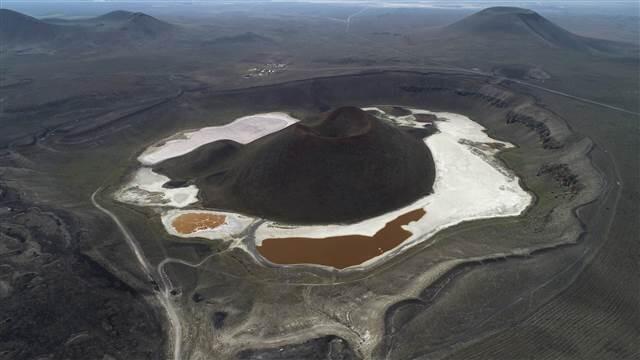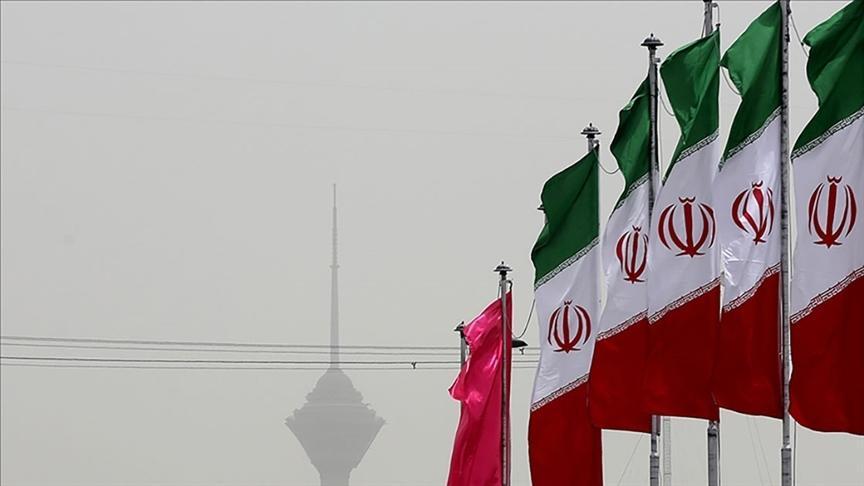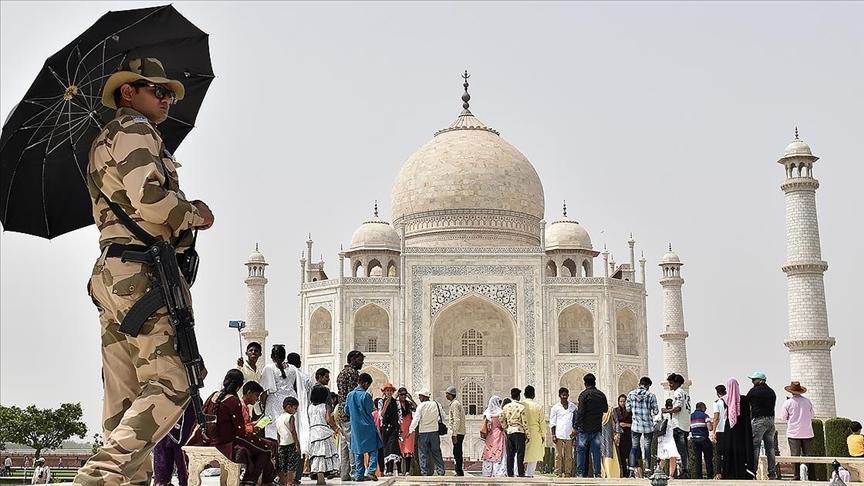Central Anatolia’s ‘evil eye talisman’ Lake Meke dries out
KONYA

Lake Meke has dried out due to years of low rainfall and wrong agricultural irrigation practices.
Located in the Central Anatolian province of Konya’s Karapınar district, Lake Meke is a volcanic lake commonly known as the “evil eye talisman” for the rarity of such lakes in Turkey and its one of a kind beauty.
The remaining puddles in the unique crater lakebed with a giant volcanic cone in its middle, have turned crimson-red because of the microorganisms.
Karapınar Mayor Mehmet Yaka stated that the most important reason for the drying of the lake is the withdrawal of groundwater in the Konya Basin.
“There water level in the lake used to be at around 10 to 12 meters, but almost no water is left now,” Yaka said.
The lake once had a depth of 12 meters but gradually dried up due to drought and unregulated usage of the underground waters that feed the lake, primarily for agricultural purposes.
“We need to reconsider the use of groundwater for irrigation, and we need an action plan if the lake is to regain its previous position,” Yaka noted.
Yaka, however, voiced optimism that when the water problem of the entire basin is solved, the water level of Meke Lake can rise again and return to its former beauty.
Lake Meke was initially formed as a volcanic crater filled with groundwater following an eruption that is believed to have occurred five million years ago.
The volcano erupted a second time in the middle of the lake 9,000 years ago, giving it its present appearance.
A volcanic cone 50 meters high stands in the middle of the lake.
Lake Meke was declared a first grade protected area in 1989 and was registered as a natural monument in 1998.
The lake located almost 1,000 meters above the sea level is considered a protected area under the Ramsar Convention on Wetlands.
A Ramsar site is a wetland site designated to be of international importance under the Ramsar Convention signed in 1971.
















